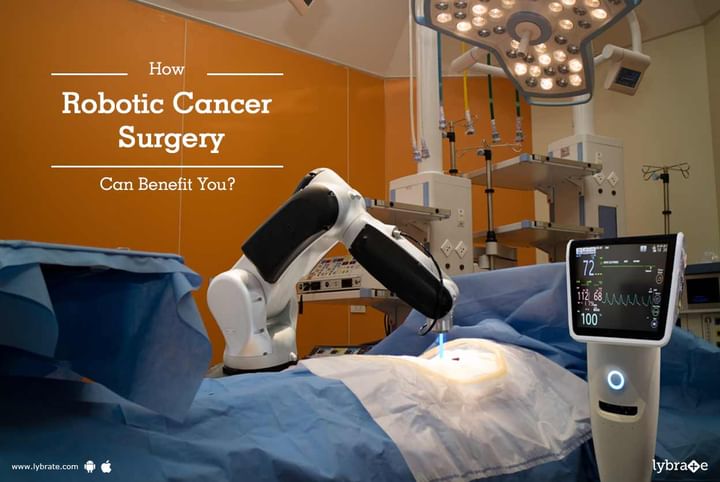How Robotic Cancer Surgery Can Benefit You?
With the dawn of modern technology, the sight of robots performing a surgery is fast turning into a reality. Robotic surgery is one of the latest and greatest advancements in surgical cancer care. It is mostly sought for its unmatched levels of precision and control.
The da Vinci Robot, which is a widely used robotic surgery, employs the use of 3D modelling, touch screen controls, ultra-modern surgical attachments and other robotic tools. This surgical method is one of the greatest inventions in modern surg
ery that aims to provide greater control to the surgeon at all times. For patients, this means quicker recovery times, minimal scarring, lower complications and higher satisfaction.
Robotic cancer surgery can be performed under the following conditions:
- Prostate cancer
- Bladder cancer
- Gynaecologic cancer
- Endocrine cancer
- Lung cancer
- Gastrointestinal cancer
Benefits of robotic cancer surgery:
- Less scarring: The minimally invasive approach of robotic surgery contributes to minimal scarring. Instead of having a deeper incision of up to 5 or 6” on the skin, patients can have a series of small incisions or one relatively smaller incision, based on the nature of the surgery.
- Shorter hospitalization: With minimal incisions, postoperative care is speeded and pain is lessened. This surgery will not require the patients to stay for a prolonged period of time in the hospital. At the most, they tend to spend up to two nights in the hospital, if the situation demands so. As a result of this, within no time, you can get back to your normal life.
- Less drugs: With traditional surgery, typically a patient is administered a lot of painkillers to alleviate pain. However, with robotic surgeries, thanks to decreased postoperative pain after surgery, the patient will not need excessive painkillers to help them deal with pain.
- No blood loss: During traditional open surgery, patients tend to typically lose between 600cc to 1000cc of blood, depending on the area of treatment. As a result, postoperative transfusion of blood becomes a necessity. However, during robotic surgery, blood loss is usually 200cc or less and so there is no need for transfusions.
- Accuracy and precision: The 3D modelling techniques and other advanced tools employed by robotic surgery allows for better planning and accuracy, which is greatly needed in cancer surgeries. Especially in the case of prostate cancer, if the tumour is in a critical location, then a robotic surgery is handy to carry out the procedure, without damaging the important nerves of erections.



+1.svg)
